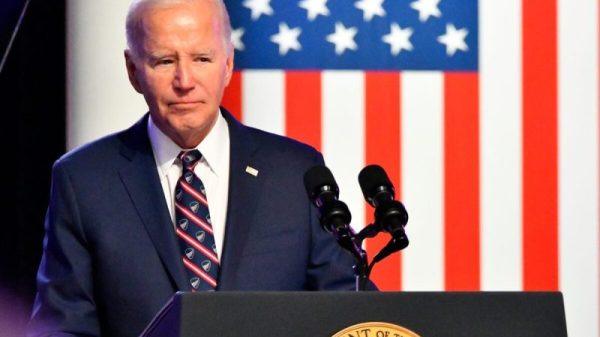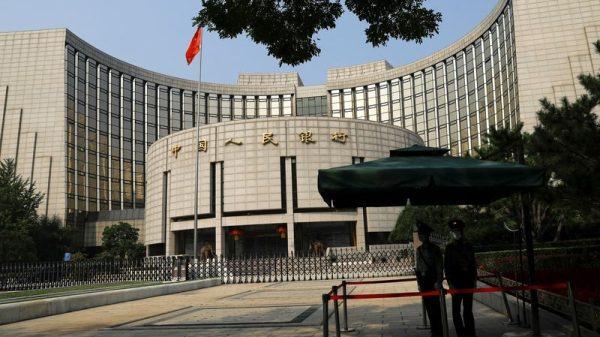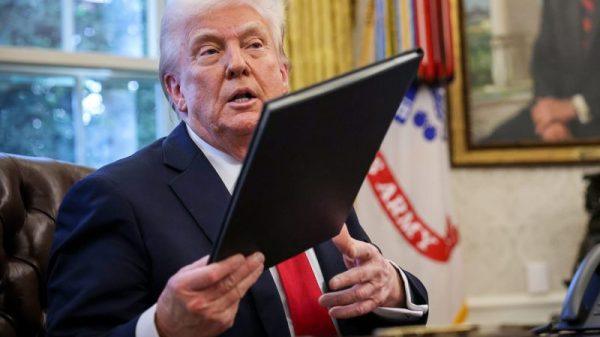By Promit Mukherjee
OTTAWA (Reuters) -Canada would have to double current defense spending by fiscal 2032-33 to achieve its stated goal of meeting NATO targets, an increase that could violate fiscal anchors put in place last year to control expenditures, a parliamentary watchdog said on Wednesday.
Earlier this year, Prime Minister Justin Trudeau committed to increasing defense spending to at least 2% of gross domestic product after coming under mounting pressure from the United States and other NATO powers to spell out a timetable for coming in line with the alliance’s target.
But if the government keeps that promise, it may need to compromise its stated ambition of shrinking its fiscal deficit as a proportion of GDP, the Parliamentary Budget Office said on Wednesday.
Under its proposed fiscal anchors, the government intends to reduce the debt-to-GDP ratio beginning in the current 2024-25 fiscal year, and maintain a declining deficit-to-GDP ratio below 1% by 2026-27 and beyond. Trudeau’s government adopted the anchors last year after it was sharply criticized for failing to rein in spending.
The increased defense spending would have a “substantial impact” on the deficit-to-GDP over the next few years, and may exceed the government’s anchors by 2032-33, the PBO said.
The government would not breach its target on debt-to-GDP – another of its fiscal anchors – by increasing defense spending, it added.
The PBO report validated views of economists who had said in July after Trudeau’s commitment that the increased defense spending could potentially widen Canada’s fiscal deficit.
The PBO also disagreed with projections by the Department of National Defense that military spending would reach 1.76% of GDP by 2029-30. Instead, it sees defense expenditures equal to 1.58% of GDP by that year.
The finance ministry declined to comment on the PBO and directed questions to the defense department.
NATO uses projections from the Organization for Economic Co-operation and Development (OECD) to report on defense spending across the alliance, and the department of defense uses the same metric, a spokesperson for the office of the Defence Minister said.
“Based on NATO’s formula, we remain confident that Canada will reach the 2% level of defence spending by 2032,” the spokesperson added.
According to PBO projections, defense expenditures would need to reach C$81.9 billion ($58.87 billion) by 2032-33, almost double the projected amount for 2024-25 of C$41 billion.
“This increase requires a rapid escalation in expenditures,” it said, adding the government had yet to release details of how it would increase spending to achieve the 2% target.
($1 = 1.3912 Canadian dollars)



































